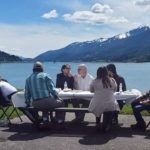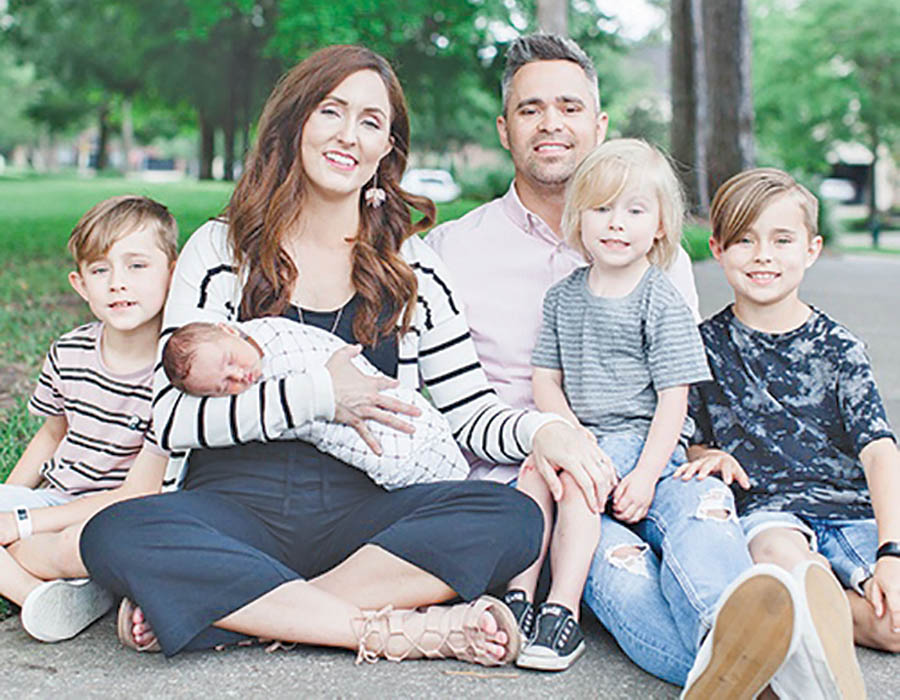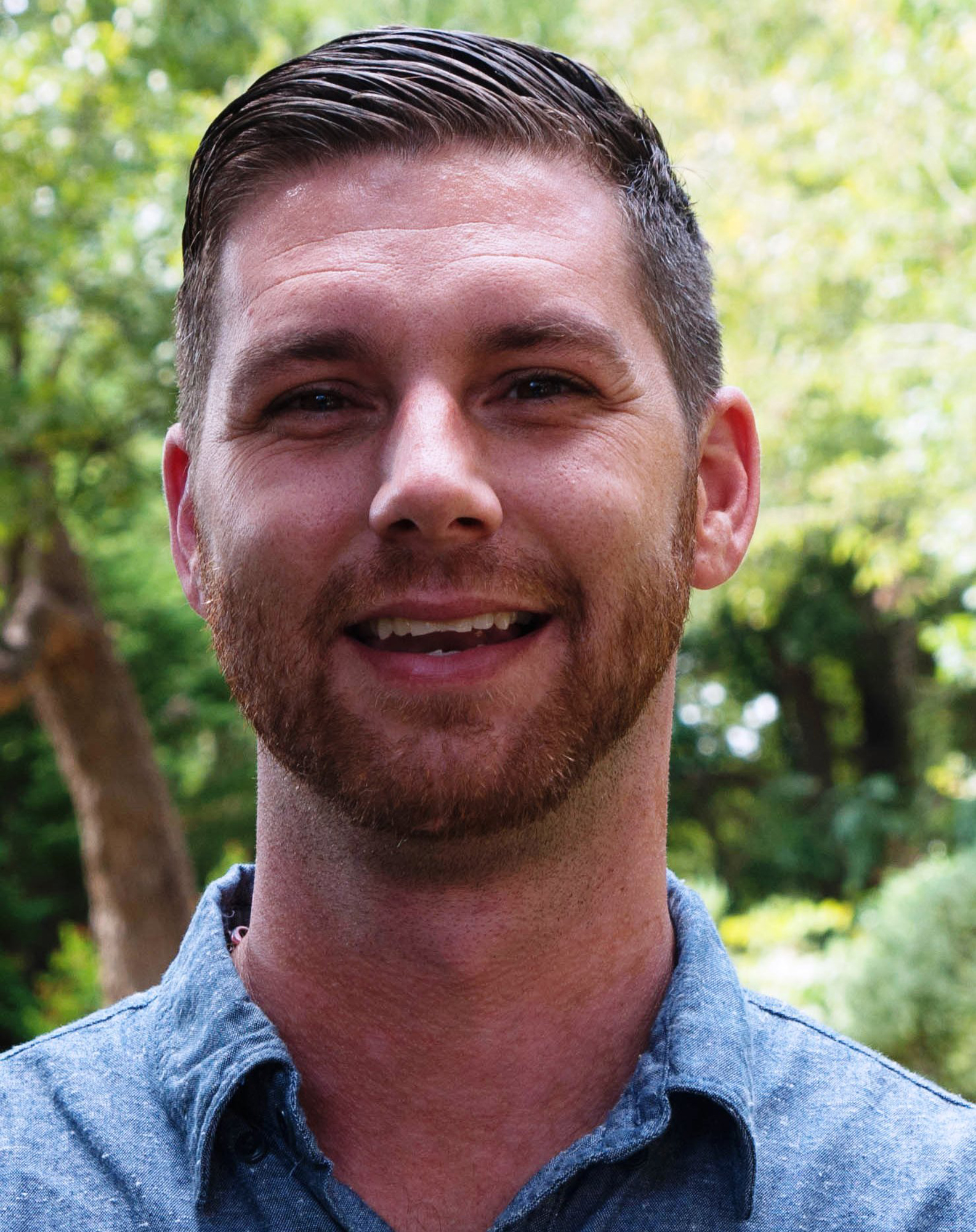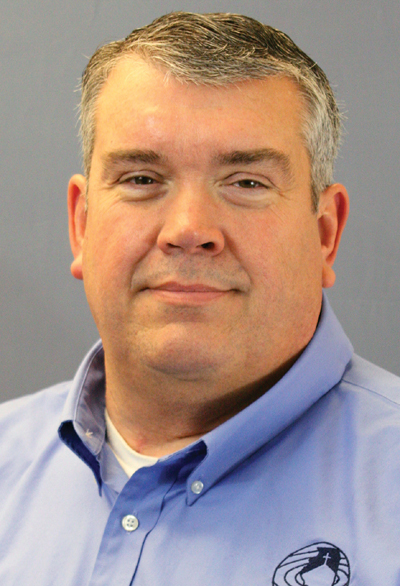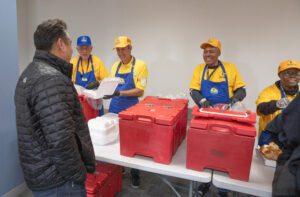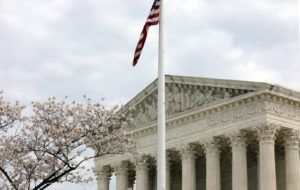
HONOLULU (BP) — Visiting Hawaii and the reality of living and ministering there can be two different things. For mainlanders, mention of the state produces images of beautiful beaches, relaxation and weather so perfect it’s unfair to the rest of the world.
Those all hold true for the ones who call it home, but with more complexity.
The diversity of the state is reflected in the churches of the Hawaii Pacific Baptist Convention, itself stretching to the South Pacific and Micronesia. The HPBC goes so far west that it actually becomes east, including a dozen churches in the Asia Baptist Network.
Three churches set to launch this year model that diversity. The planters and their wives were introduced during the convention’s annual meeting last year.
Craig Coppenbarger is launching Valor Church Pearl Harbor alongside his wife Maggie through Send Military, an effort by the Send Network focusing on reaching military communities. Nasa Sete will pastor a church on Oahu where he and his wife Coroline will focus on reaching Polynesians. Mike and Monica Brennan will be moving from Wyoming to plant a church reaching out to those impacted by human trafficking.
Such callings to Hawaii bring “suffering for the Lord” jokes. However, the fertile soil of the islands can be a tough place for Gospel seed to find root.
“It’s truly cross-cultural missions,” said Craig Webb, HPBC executive director-treasurer. “There is a high cost of living, which is compounded by the distance from family. It can also be difficult to find spaces to meet due to the limits of renting areas or finding a building to purchase.
“All of those make planting a church here more like doing it in a foreign country.”
Although he just took on the role last August, Webb was born in Honolulu and his childhood home is within eyesight of the building where he now works. His father Henry was a pastor and collegiate minister in the area, who wrote a book in the ‘70s on deacons as a servant model in the church.
Webb moved from Hawaii when he was 11, coming back as an adult in 1994 to pastor nine years at Lahaina Baptist Church. He then moved to Tennessee and worked for Lifeway before returning to his home state in 2018 to work with the state convention.
“When you talk about the HPBC, there is so much variety,” he said. “But even [in Hawaii] there are six islands, each very unique. The heart for Nasa and Sete is to reach Polynesians, so they will be in a rural area on the north side of Oahu that has a large Mormon influence.”
Hawaii has also become increasingly secular, with the effects of the resorts, restaurants and other tourist trappings playing their part. Homelessness has grown since the COVID pandemic.
“It’s worse than you can imagine,” Webb said.
Coppenbarger, currently serving as a Department of Defense civilian as well as military reservist, speaks like someone with 19 years of ministry experience who has also been in the Air Force since 2002.
“Our primary target group is incredibly transient,” he told BP. “They move every three to four years. We have to be very strategic and intentional with our discipleship, development and the way we equip our people.
“They are already trained to lead and serve; we just have to share Jesus with them and get them set on His mission.”
He added that with approximately 101,000 active duty members on Oahu, additional family members and other DoD employees add up to 230,000 affiliated with the military.
That leads to a group who can become “incredibly effective for ministry when they get set on the right course.”
The church planters introduced at the annual meeting bring the number to five endorsed by the Send Network to the HPBC. The other two serve in Guam and Japan, said Shane Critser, Coastal West director for Send Network.
“Everywhere is getting diverse, but places like Hawaii are diverse,” he said. “There isn’t necessarily a majority culture. You have Hawaiians, Samoans, Tongans, Japanese and Anglos – so many nations are represented.”
Currently there is no Send catalyst in Hawaii, so Critser is assisting the HPBC temporarily in that capacity. In his time doing that, he’s observed the unique challenges to gathering missions muscle for the state.
“People tend to think that if you’re going on a mission trip to Hawaii, it’s like a vacation,” he said. He’s even heard from partner churches who decided not to take a mission trip there because it was difficult asking for funds from members to fund a trip to the islands.
“But the truth is it’s an extremely difficult place to do ministry, and our churches there need help,” Critser said.
Coppenbarger is still forming his core team, but is already very thankful for his support in the upper 48.
“We have an amazing sending church, First Baptist in Forney, Texas, as well as a few other supporting churches.,” he said. “All will send teams as we minister to this community.”



